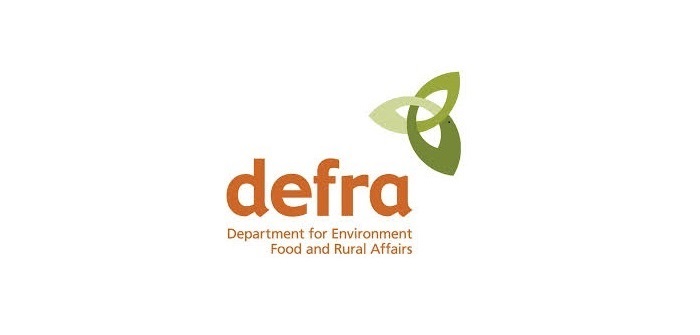Defra has abandoned its plans to devolve the updating of the UK’s animal welfare codes to individual livestock sectors.
It has now been decided to keep the process “in house” with a Defra spokesperson revealing that the change of approach had been made “in light of views raised”.
“We have given the matter further consideration and believe we can achieve this objective (high welfare standards) by retaining the existing statutory codes,” said the spokesperson.
Adding that the work of the farming industry has been invaluable in this process, the spokesperson said that Defra wanted to “draw more closely on the expertise of the farming industry” in future to ensure the country’s welfare codes reflect the very latest scientific and veterinary developments.
Defra also made it clear that no changes were ever planned to farm animal welfare legislation, or the strict enforcement and penalties that apply.
“We don’t care whether it’s us or Defra that updates the current Code of Recommendations for the Welfare of Pigs, as long as it gets done, and as long as we are involved,” NPA chief executive Dr Zoe Davies said.
“The current edition was written 13 years ago. It’s our industry manual and it’s now seriously out of date, and that means we’re missing an important opportunity to remind producers of the latest pig welfare legislation and to provide guidance on science-led best practice in pig husbandry.”
Dr Davies added that the NPA understood representations by vegetarian and vegan activists played no part in Defra’s U-turn, rather that the department realised the welfare codes should be the joint responsibility of Government and industry.
“The codes are designed to be a farmer-friendly way of providing up-to-date statutory information in tandem with useful advice,” Dr Davies said.
“We’re ready to play our part in helping Defra update the current code. Indeed we insist on having an input. We’ll be pressing them vigorously to get a move on, otherwise we may have to produce our own interim code, because we’re not prepared to wait another 13 years for our pig industry welfare manual to be updated.”




